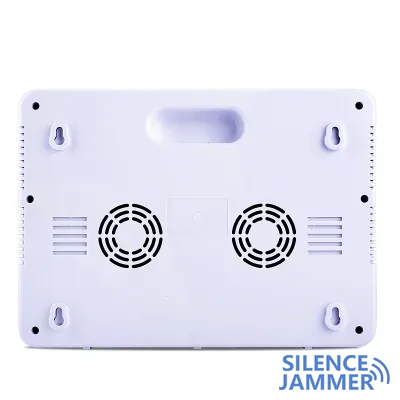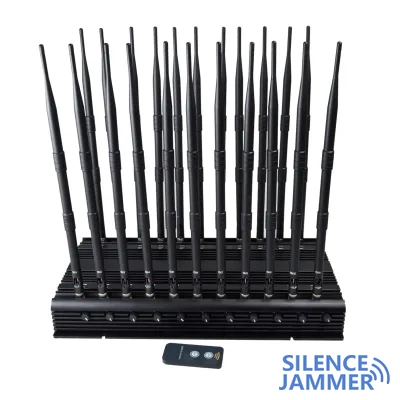With the rapid development of the automotive industry, GPS locators have become an important tool for many car owners and business managers to monitor vehicles and improve safety. However, despite its powerful capabilities, various technical and operational challenges may be encountered during use.

- Trajectory drift and signal interference
- The locator cannot be used normally when parking.
- The display positions of multiple locators are very different.
- The locator suddenly went offline
- In conclusion
When some car owners use the GPS positioning platform to view driving tracks, they may find that the tracks are confusing and drifting. Experts point out that the main reasons for this include:
Impact of signal jammers: Some malicious users may install signal jammers on vehicles, causing the GPS locator to be unable to receive satellite signals stably, resulting in inaccurate trajectories.
Signal coverage area: When passing through areas with poor signal coverage, such as tunnels, urban areas with high-rise buildings, or around airports, the signal reception of the GPS locator may be interfered, affecting positioning accuracy.
GPS positioning is not turned on: Sometimes car owners may forget to turn on the GPS function on their mobile phones or locators and use base station positioning, which may also lead to inaccurate track display.

Some car owners reported that the GPS locator did not work properly when the vehicle was stopped. Experts point out that this is usually related to the power supply method:
Powered by the vehicle's battery: If the GPS locator is connected to the vehicle's battery, it can continue to operate when the vehicle is stopped. However, prolonged use may drain the battery and prevent the vehicle from starting.
For some rental companies or transportation companies, it is common practice to install multiple GPS locators. However, this can result in significant differences in the location information displayed by different locators:
Different device types: Different types of GPS locators may use different positioning technologies, such as base station positioning and satellite positioning, which may lead to inconsistencies in location information.
Device Removed or Damaged: If one of the locators is removed or damaged, its location information will no longer accurately reflect actual vehicle location.
Sometimes, the GPS locator suddenly loses online status and cannot provide real-time data. Possible reasons for this include:
Signal shielding area: If the vehicle stays in a signal shielding area, such as a densely populated area with high-rise buildings or a place with interfering equipment, the GPS locator may temporarily lose its signal.
SIM card problem: The SIM card in the locator may cause communication interruption due to arrears or other reasons, making the locator unable to work properly.
GPS signal jammer: There is a GPS GPS jammer nearby, which interferes with the GPS signal.
Although GPS locators play a significant role in improving vehicle safety and management efficiency, when using them, you need to pay attention to the possible effects of factors such as signal interference, power supply issues, and differences in equipment types. Experts recommend that users choose products with stable signals and reliable equipment quality when installing and using GPS locators, and perform regular maintenance and inspections to ensure long-term effective operation and data accuracy.




